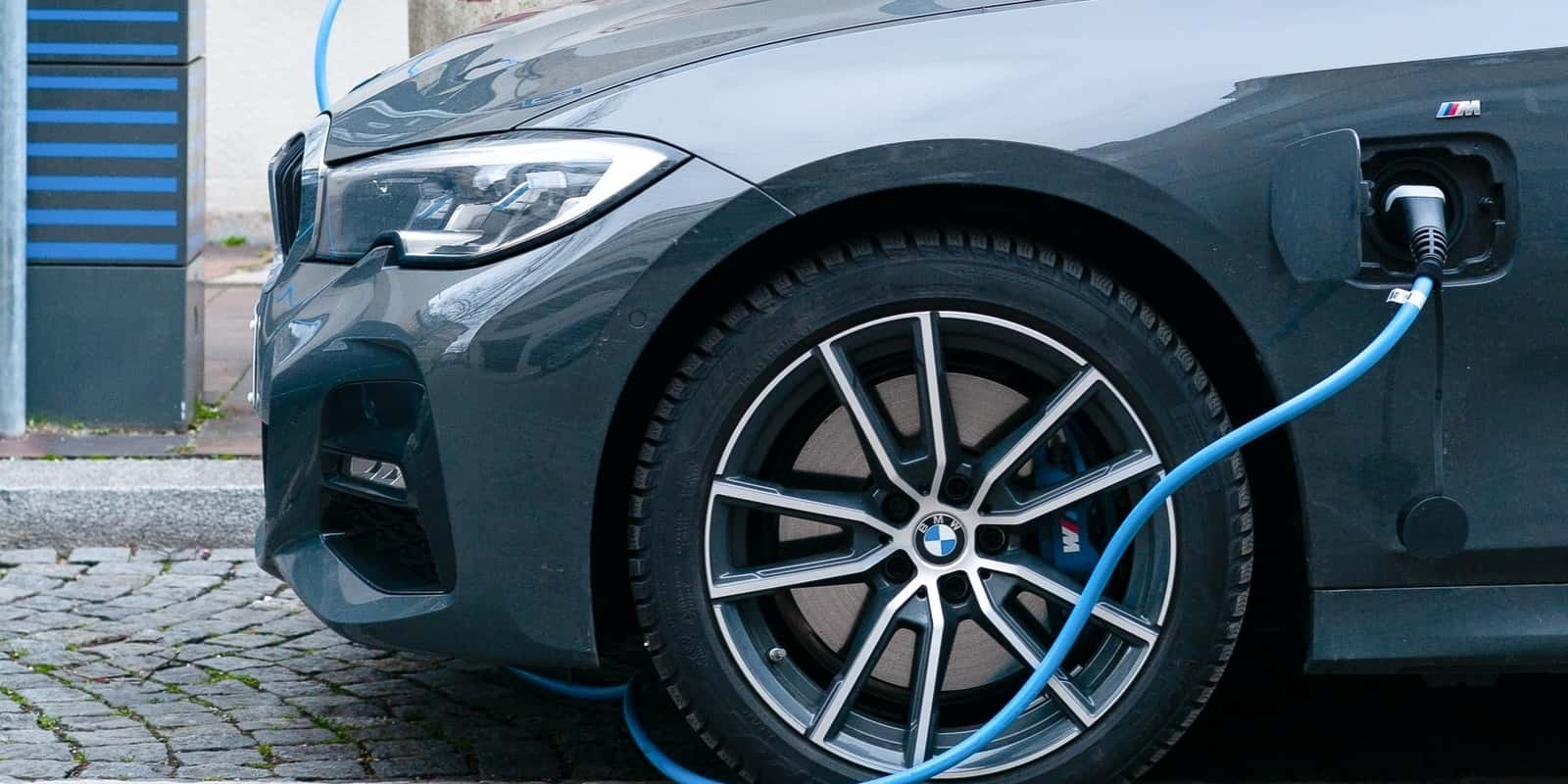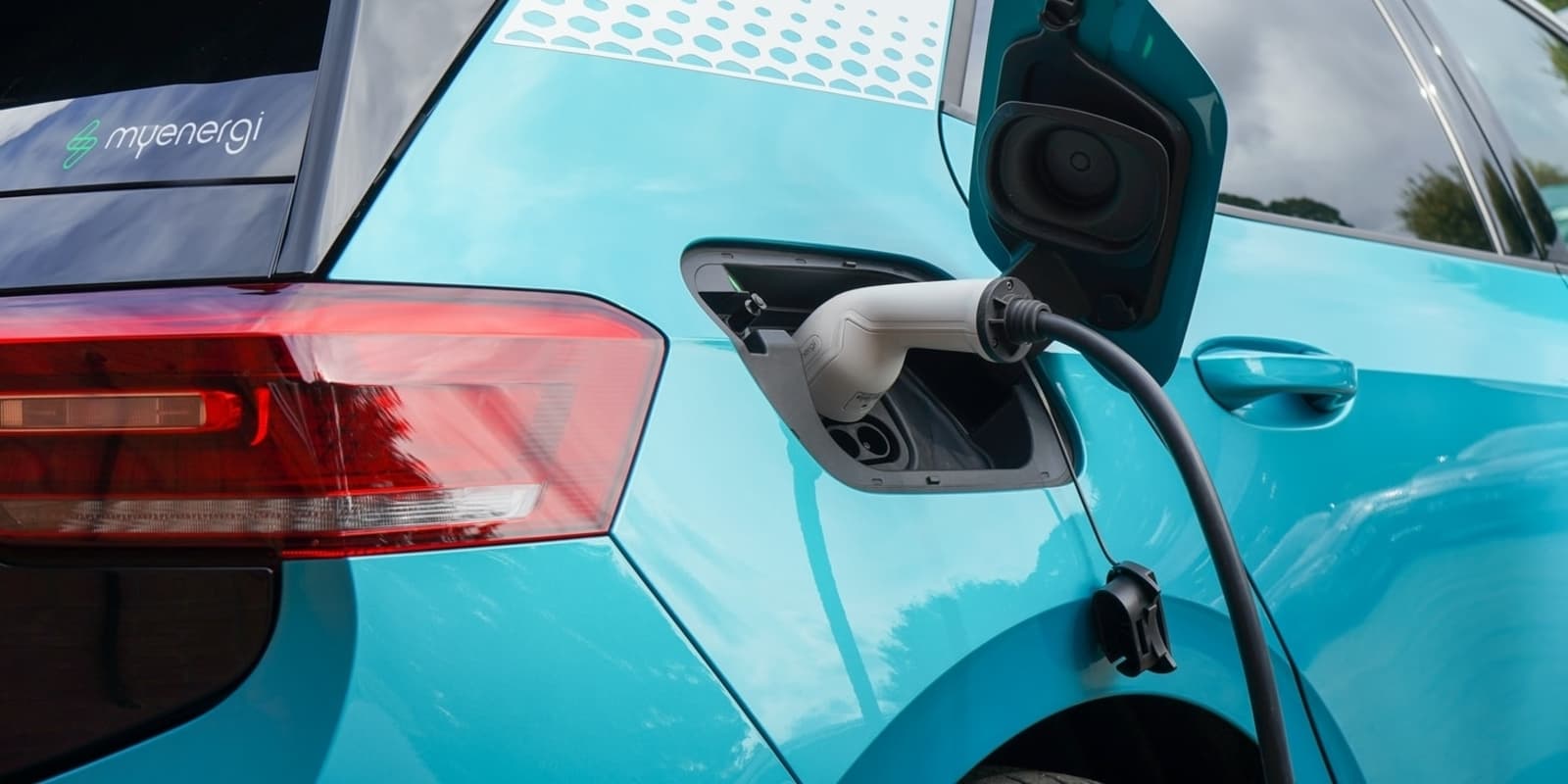As a nation, we lack the infrastructure to support the electric vehicle revolution our garages
I don't think it's cool to have the last gas-powered car at the office. But while most people are making plans for an electric future, some of our infrastructures are lagging behind.
It is time for the electric revolution to happen in our garages, with all-electric vehicles and charging stations taking over. However, we lack the infrastructure to support this. The most obvious solution? Build more charging stations across the country. Electric vehicles are cleaner, quieter, cheaper to fuel, and even easier on your wallet. It's time for our garages to go green.
Electric cars have three major components: the battery, the powertrain, and the charging system. And all three of these need an upgrade before we can transition to renewable energy sources like solar and wind power.
The problem is that our electricity grid was designed around coal-fired plants that spew out greenhouse gases when they generate power, not solar panels or windmills that don't pollute at all. That means even if you buy an electric vehicle today, it will likely run on coal-generated electricity until there are enough green sources available to charge it.
The trick is nothing more than a pragmatic one. With Ford Motor Co.'s Mustang Mach-E, you can plug this slick electric vehicle into a standard outlet like a home appliance that weighs 4,500 pounds. To fully charge the battery at home on a standard outlet, the car requires about 10 hours of electricity. If you plan on riding your silent pony beyond the local coffee shop, you will need a more robust electrical source. For this, you need to install dedicated outlets in your garage to support charging stations for several cars.
You will also need the right equipment, which is not cheap. It runs from about $1,000 for a simple plug-in unit to as much as about $6,000 for a supporting Tesla station with special wiring and power distribution units (or PDU's). In addition to remote start and mobile device tracking, expect to pay even more for extra bells and whistles.
We will need charging stations in residential and apartment buildings across the U.S. to accommodate the millions of electric vehicles in use. According to an Atlas Public Policy study, it has been estimated that 26 million new charging stations will be required by the end of the decade. But there's a big dilemma: The U.S. electrical grid will not be able to handle such a surge of demand since our networks will require considerable investments in infrastructure and equipment upgrades, not only in the garage but throughout the entire national system.
The problem is that we cannot add this much capacity quickly enough to the current grid. As our research has shown, there aren't enough trained electricians out there to install this much new equipment by 2020.
There are currently about 43,000 EV charging stations installed across the country and around 120,000 charging ports. Today most home outlets cannot support a steady flow of several kilowatts at once that is needed for an overnight charge. Vehicle owners would have to rely on lower power chargers that can take eight hours or more to fill up their batteries.
According to a recent study by Atlas Public Policy, for the United States' auto industry to reach this point by 2035, it will need to invest about $39 billion to become entirely electric. As you probably already know, this report supports a familiar narrative. Anxiety may no longer be associated with range but rather a fear associated with charging. In the future, electric-curious motorists will no longer be concerned about how far they can go but rather whether they will be able to set their cars quickly once they arrive at their destination. At the same time, several articles have mentioned the lack of charging stations in rural areas. The issue begins at home and ends there.
Electric cars will have a big hurdle to overcome in terms of convenience. Charging at home still poses a formidable challenge. To get to the point where we all use them, they must be able to charge quickly enough so that no one feels anxious about finding a station. And new research shows that this will require massive new investments in infrastructure and equipment on an already strained grid. This is why, according to Atlas Public Policy, millions of new charging stations will need to be installed nationwide soon. We need to go beyond the early adopters who enjoy hanging out at charging stations for an hour and talking about their cars.
Jujubes lemon drops tart lollipop brownie
Cupcake Ipsum, 2015



